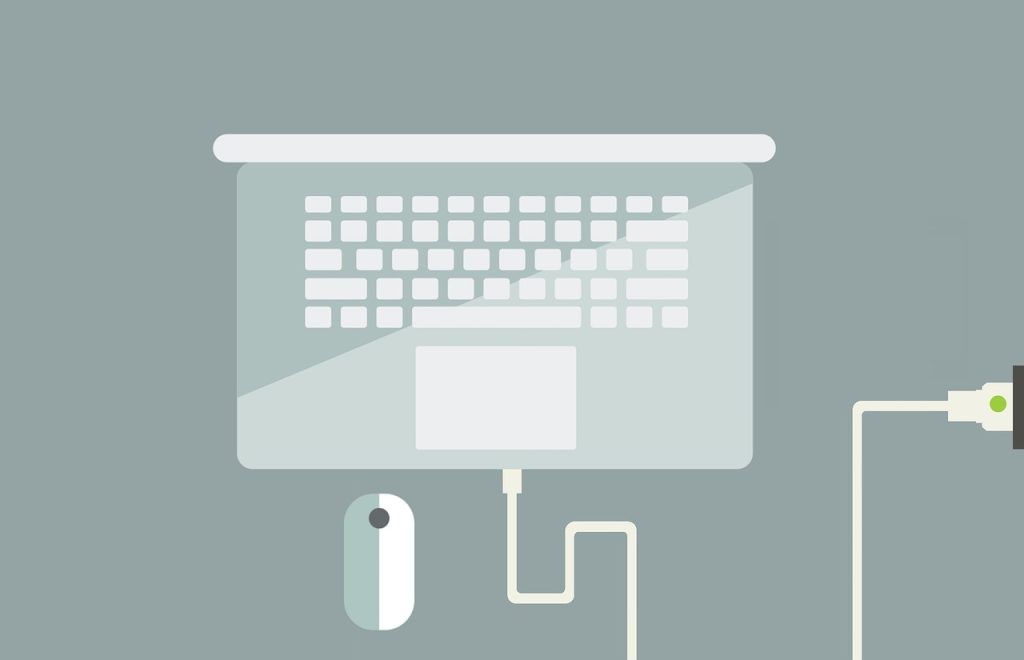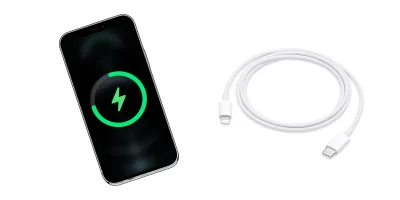Myths surrounding batteries and devices (including your laptop) have refused to die. Since I could remember, we’ve always been warned against keeping our devices plugged in to a power source all through and we took this as the gospel truth.
Last time we dealt with the issue of leaving your phone charging overnight and the conclusion was that your phone was smart enough to know when to stop charging, however, the resulting heat in keeping the device connected could cause damage.
The narrative is almost similar when it comes to our laptops. My observation from people around me shows that a good number of laptop owners prefer to use their devices on battery and only plug it in when it runs out.
Reason for this? “Keeping the laptop plugged in kills the battery”
What happens when you keep your laptop plugged in?


Image Courtesy Pixabay
Well, the truth is that keeping your device connected all the time kills the battery but the opposite is true as well, not keeping it charged, also takes a hit on the battery.
It’s a complicated affair but we’ll try to explain.
When you charge your laptop up to 100%, the battery stops taking in more charge and the laptop switches to using power directly. This means that you cannot overcharge your battery.
However, keeping it connected like this produces heat and exposing the battery to temperatures over 30 degrees Celcius can damage the battery, especially over a prolonged period.
Using it on battery


Image Courtesy Pixabay
You may say that the solution is to use it on battery then and the answer is yes and no. See, like your phone, your laptop’s battery has charge cycles that get used up whenever you use your device on battery.
According to Apple, “You complete one charge cycle when you’ve used an amount that equals 100% of your battery’s capacity — but not necessarily all from one charge. For instance, you might use 75% of your battery’s capacity one day, then recharge it fully overnight. If you use 25% the next day, you will have discharged a total of 100%, and the two days will add up to one charge cycle.”
These charge cycles are finite, which means they will get used up and you will have to replace your battery. Using your laptop while on battery often, uses up these cycles much faster.
So what to do now?
There’s really no clear indication of whether or not you should keep your laptop charged or charge it once it gets to zero. According to research by Battery University, the optimal point is to keep your device at around 58% always, which maximizes the number of charge cycles but at the same time makes it a very hard thing to achieve.
Different manufacturers offer different advice in regard to this issue:
Acer – They recommend removing the battery completely when you’re connecting your laptop to power after it gets to 100% but this only applies to those with removable batteries.
Apple – recommends that users should keep their devices plugged in while in the office but use it on the battery while on the move or at home.
Dell – says that it’s okay to keep your device plugged in forever.
HP – recommends that users can use their devices while continuously plugged in but not past two weeks.
What we recommend as Gadgets Africa (although we don’t make hardware – yet), is to find a balance. Use your device while connected to power especially for people with unreliable electricity connections then unplug it once in a while and use it on battery just to keep things balanced.
As for me, I keep mine always connected at work and use it on battery at home, then recharge it overnight – because it’s convenient for me.
Those who have faced battery degradation issues due to plugging it in, check how you use your device. Chances are, you cover the vents and thus block heat in which, as mentioned, degrades the battery much faster.
However, the bottom line is, regardless of how you use your device, the battery still degrades.






Comments